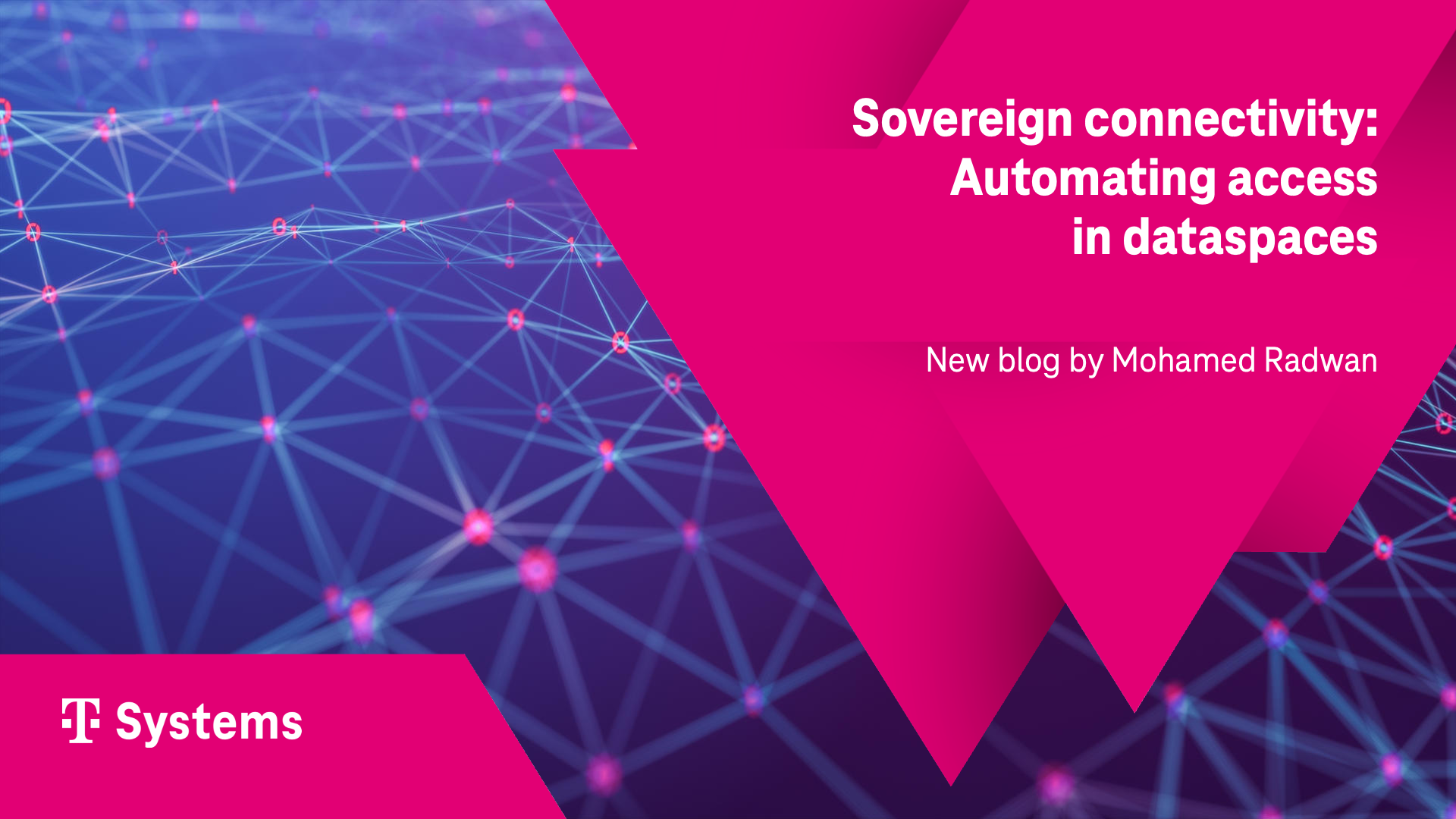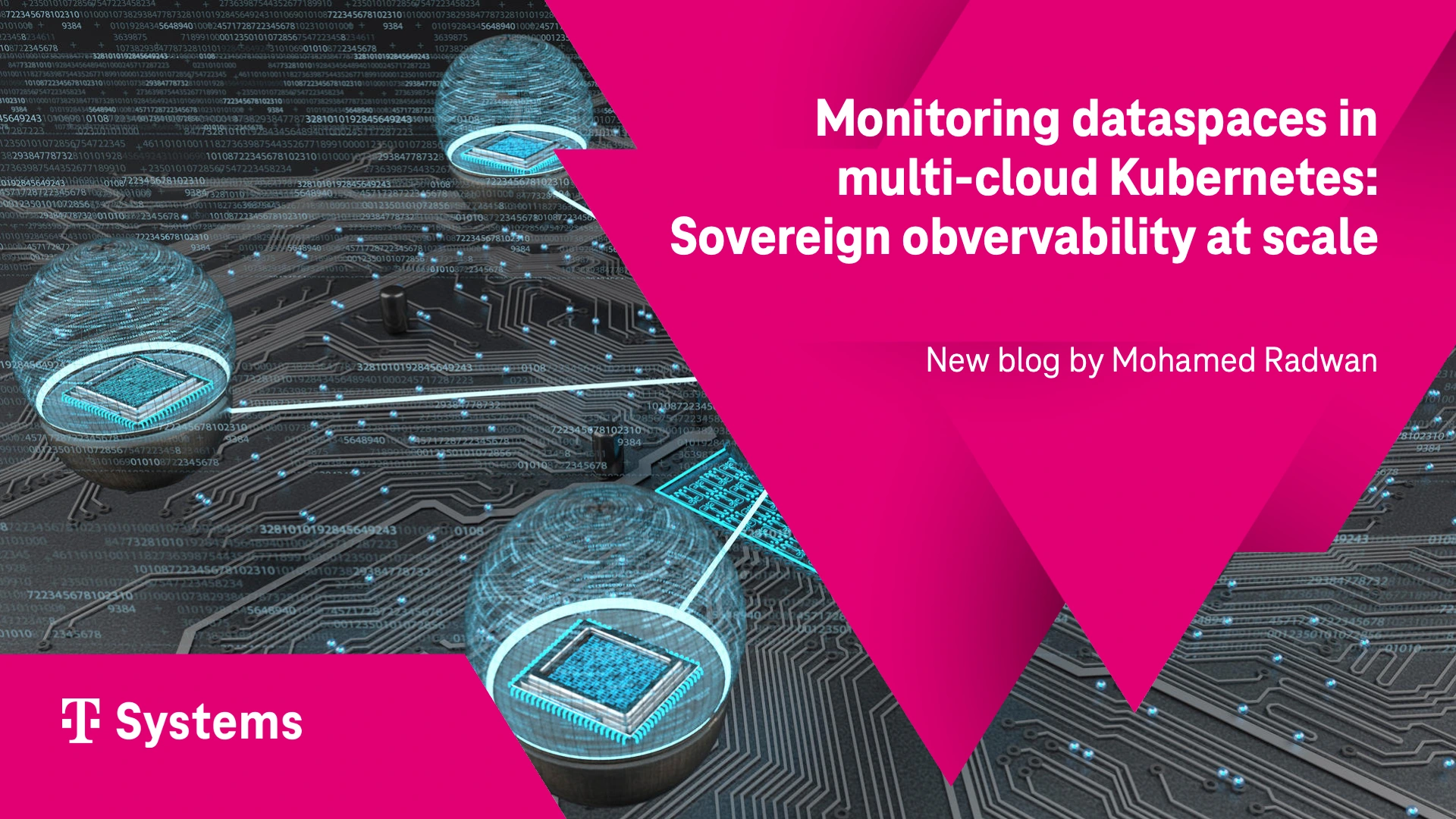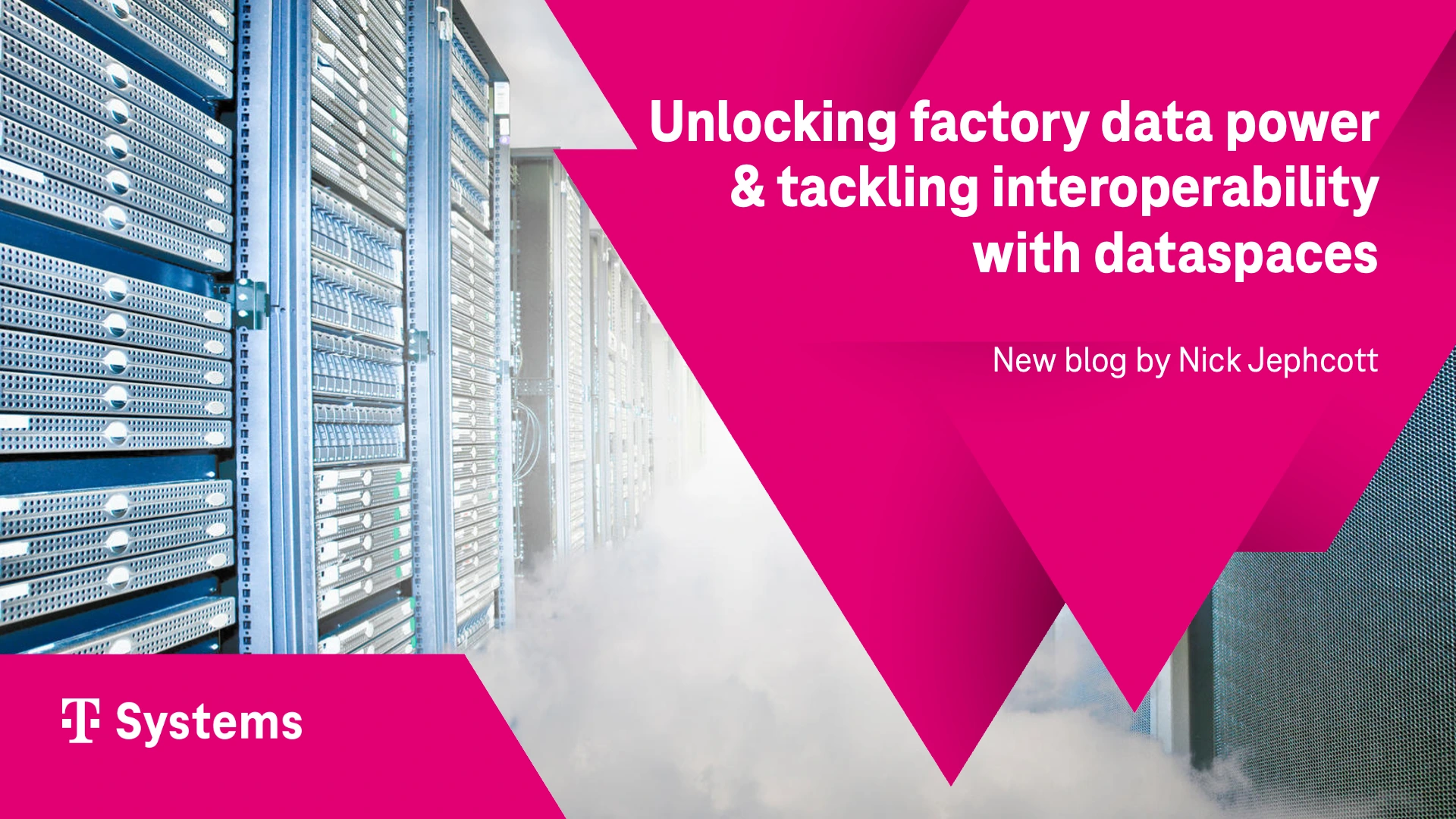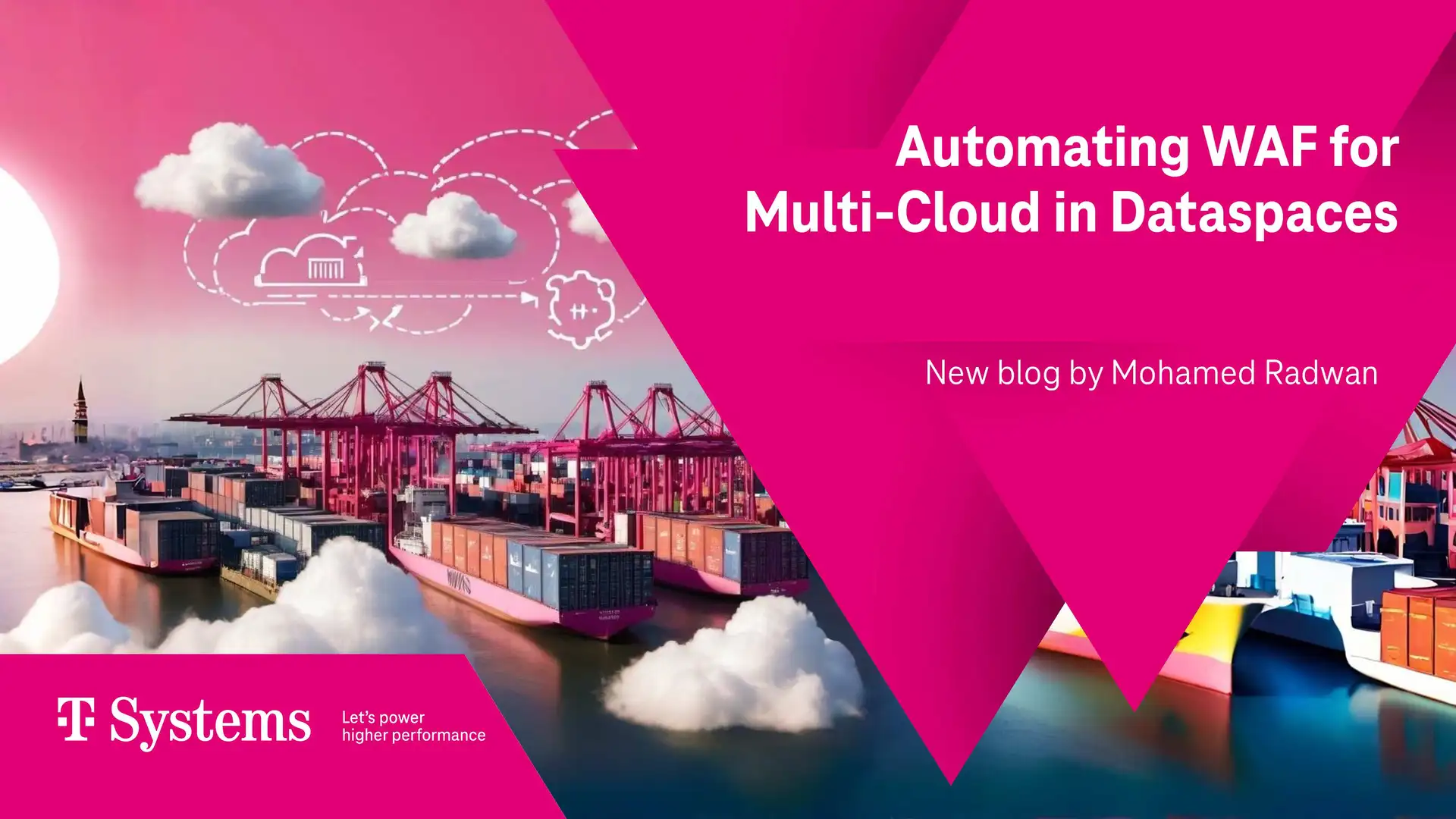Challenge
Agriculture is a sector in which digitalisation has long played a major role.
However, agriculture is dependent on external factors such as the weather. There can be a loss of quality and yield as soon as droughts or extreme precipitation occur. The soil is not sufficiently supplied with nutrients and plant growth is weakened. The loss of the harvest leads to a financial loss.
Solution
Smart farming, for example, allows the quality of the harvest to be precisely determined. Intelligent production also makes it easier to set prices. Data on quality and quantity can be used to determine how much the products cost.
Various sensors have been developed to achieve this. One of these is “nPotato”, which measures the vibrations in the soil during the harvest. Here, the vibration data is analysed by an artificial intelligence to determine the quality of the harvest. Furthermore, weather and soil data can be used to determine optimal conditions for a good harvest.
Benefits of the Data Intelligence Hub
With the Data Intelligence Hub, sensor data from solutions like “nPotato” can be analyzed and visualized. In addition, further data sources can be added to identify correlations. This contributes to an optimized harvest as well as product quality, allowing a higher selling price to be achieved.






















